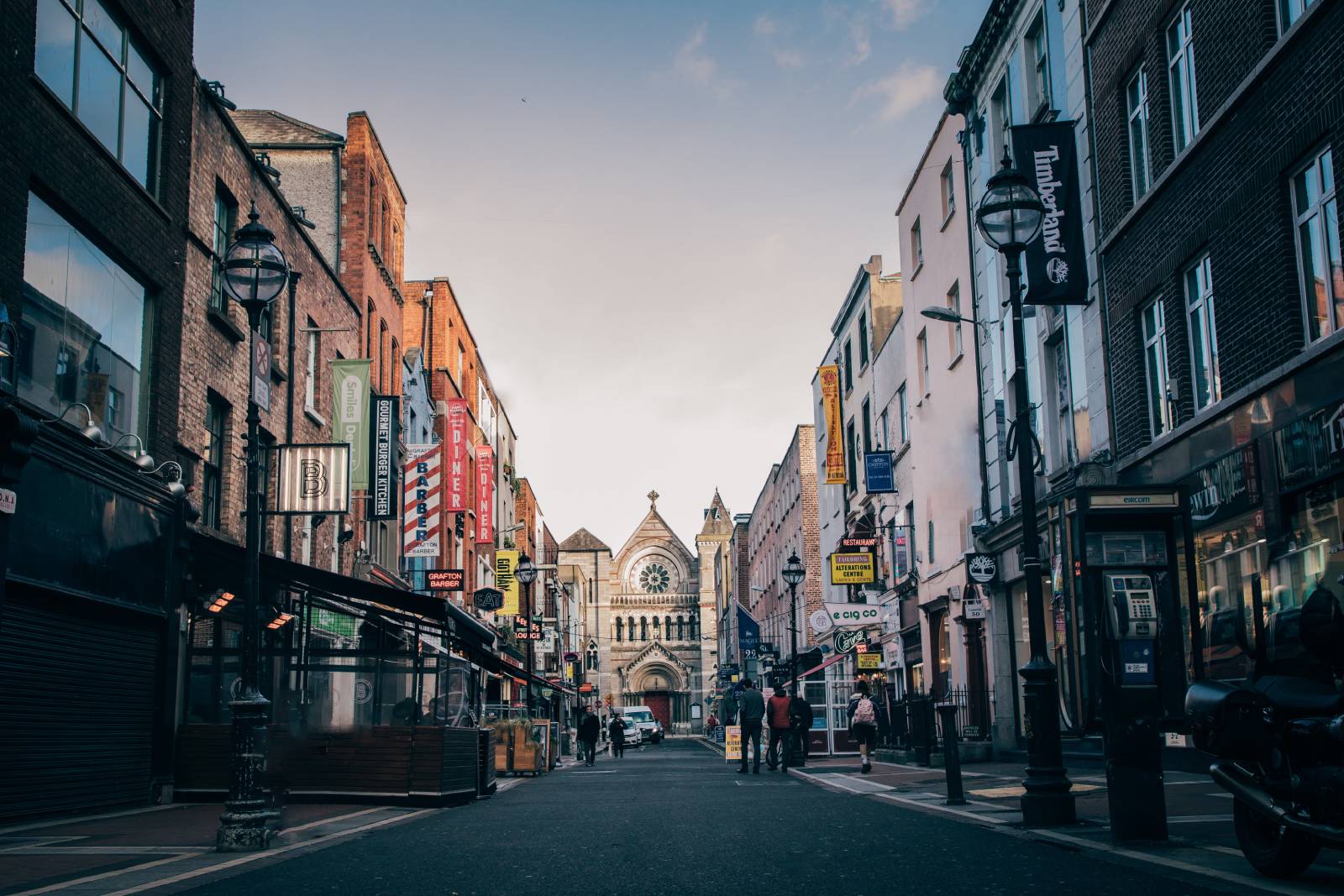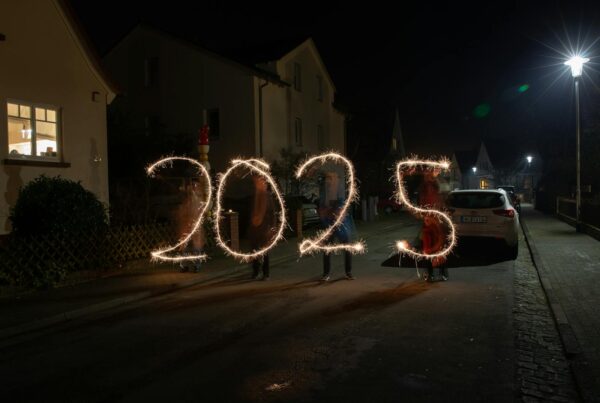Introduction
In the United Kingdom, we have an assortment of bank holidays throughout the year. These bank holidays are public holidays, typically on days that have special significance either nationally or regionally. In Northern Ireland, residents enjoy a number of bank holidays that reflect the rich historical, cultural, and religious heritage of the region. Let’s take a deep dive into these special days, over-explaining their origins, traditions, and how they’re celebrated.
Table of Contents
Bank Holidays Northern Ireland 2023
| Date | Day of Week | Name of Bank Holiday |
|---|---|---|
| January 2 | Monday | New Year’s Day |
| March 17 | Friday | St Patrick’s Day |
| April 7 | Friday | Good Friday |
| April 10 | Monday | Easter Monday |
| May 1 | Monday | Early May Bank Holiday |
| May 29 | Monday | Spring Bank Holiday |
| July 12 | Wednesday | Battle of the Boyne |
| August 28 | Monday | Summer Bank Holiday |
| December 25 | Monday | Christmas Day |
| December 26 | Tuesday | Boxing Day |
Bank Holidays Northern Ireland 2024
| Date | Day of Week | Name of Bank Holiday |
|---|---|---|
| January 1 | Tuesday | New Year’s Day |
| March 18 | Monday | St Patrick’s Day |
| March 29 | Friday | Good Friday |
| April 1 | Monday | Easter Monday |
| May 6 | Monday | Early May Bank Holiday |
| May 27 | Monday | Spring Bank Holiday |
| July 12 | Friday | Orangemen’s Day |
| August 26 | Monday | Summer Bank Holiday |
| December 25 | Wednesday | Christmas Day |
| December 26 | Thursday | Boxing Day |
Bank Holidays Northern Ireland 2025
| Date | Day of Week | Name of Bank Holiday |
|---|---|---|
| January 1 | Wednesday | New Year’s Day |
| March 17 | Monday | St Patrick’s Day |
| April 18 | Friday | Good Friday |
| April 21 | Monday | Easter Monday |
| May 5 | Monday | Early May Bank Holiday |
| May 26 | Monday | Spring Bank Holiday |
| July 12 | Saturday | Orangemen’s Day |
| August 25 | Monday | Summer Bank Holiday |
| December 25 | Thursday | Christmas Day |
| December 26 | Friday | Boxing Day |
New Year’s Day: The Start of a Fresh Chapter
The 1st of January, known universally as New Year’s Day, marks the start of the calendar year in most parts of the world. This day has been celebrated for millennia, with traditions that have roots in ancient Roman customs. Modern celebrations tend to focus on reflection, renewal, and resolutions for the year ahead.
In Northern Ireland, New Year’s Day is a public holiday and typically starts with a traditional meal shared with family and friends. The celebratory mood extends into local pubs and town squares, where residents revel in the spirit of new beginnings. Many outdoor enthusiasts kick off the year with a refreshing New Year’s Day swim in the chilly Atlantic waters – a practice thought to bring good luck for the year to come.
St Patrick’s Day: Honouring the Patron Saint
March 17th is globally recognised as St. Patrick’s Day, honouring Ireland’s patron saint, St. Patrick. This day often falls during the Christian season of Lent, but restrictions on eating and drinking alcohol are lifted for the day, leading to the holiday’s association with hearty feasts and merrymaking.
Northern Ireland, with its deep-rooted Irish heritage, celebrates this day with fervour. Parades, wearing of green attire or shamrocks, and public festivals form part of the festivities. Traditional Irish music, dancing, and food play a major role in the celebrations. If St. Patrick’s Day falls on a weekend, a substitute bank holiday is observed on the following Monday.
Good Friday: Reflecting on the Sacrifices
Good Friday, which falls on the Friday before Easter Sunday, commemorates the crucifixion of Jesus Christ and his death at Calvary. This is a significant event in Christian theology, representing the sacrifices and suffering that Jesus endured for humanity.
In Northern Ireland, this day is marked by quiet reflection and solemn religious ceremonies. Many churches hold special services, and it’s traditional to eat hot cross buns, a type of sweet spiced bun with a cross on top symbolising the crucifixion.
Easter Monday: Celebrating the Resurrection
Easter Monday, the day after Easter Sunday, celebrates the resurrection of Jesus Christ from the dead, a fundamental doctrine in Christian belief. This day varies each year as it’s based on the ecclesiastical approximation of the March equinox.
Easter Monday in Northern Ireland is a day for community gatherings and family outings. Many partake in Easter egg hunts, a tradition dating back centuries that symbolises the idea of new life and rebirth. It’s also common for families to share a special meal together.
Early May Bank Holiday: Welcoming the Arrival of Spring
The Early May Bank Holiday, also known as May Day, occurs on the first Monday in May. This holiday has roots in various traditions, from the Roman festival of Flora, goddess of flowers, to more modern workers’ rights movements in the late 19th century.
Northern Ireland, like the rest of the UK, enjoys this day off as a way to welcome the arrival of spring. Many towns host traditional May Day festivals, featuring activities like maypole dancing and crowning of the May Queen. Others use this long weekend as an opportunity to enjoy the warming weather and burgeoning nature.
Spring Bank Holiday: Embracing the Full Swing of Spring
The Spring Bank Holiday, observed on the last Monday of May, originally aligned with Whit Monday, which celebrates the coming of the Holy Spirit in the form of flames to the Apostles, as told in the Christian Bible.
In Northern Ireland, the Spring Bank Holiday is an opportunity to embrace springtime’s full bloom. Gardens, public parks, and country trails draw locals and tourists alike, making the most of the lengthy daylight hours and mild temperatures.
Battle of the Boyne (Orangemen’s Day): Reflecting on a Pivotal Moment in History
On July 12, Northern Ireland commemorates the Battle of the Boyne, also known as Orangemen’s Day. This battle took place in 1690 near the River Boyne, marking a significant turning point in the struggle for power between Protestant King William III and Catholic King James II.
Parades organised by the Orange Order are a distinctive feature of this day. These often include marching bands and participants wearing orange sashes, while spectators line the parade routes to watch the proceedings. The holiday can be contentious due to its historical and political overtones, but for many, it’s an opportunity to reflect on a pivotal moment in history.
Summer Bank Holiday: Soaking Up the Sun
The Summer Bank Holiday falls on the last Monday in August. This holiday was originally introduced in the UK in 1871 as a day for people to enjoy the last of the summer sun and relax with family and friends.
Northern Ireland celebrates this holiday with a host of outdoor activities. Beach trips, picnics in the park, and countryside walks are common. Many towns also host special events like music festivals and fairs, creating a festive atmosphere to round off the summer.
Christmas Day: Celebrating the Birth of Christ
December 25th, universally known as Christmas Day, celebrates the birth of Jesus Christ. The exact date of Christ’s birth is unknown, but this date was chosen in the 4th century by Pope Julius I.
In Northern Ireland, Christmas Day is a time for family, generosity, and goodwill. Many attend church services, exchange gifts, and share a festive meal. Traditionally, a Christmas lunch in Northern Ireland would include roast turkey, stuffing, cranberry sauce, and all the trimmings. Streets and homes are beautifully decorated, creating a warm and joyful atmosphere.
Boxing Day: Continuing the Christmas Spirit
Boxing Day, observed on December 26th, has its roots in the UK and was traditionally the day when servants and tradesmen would receive gifts from their employers. This custom was later expanded to include giving to those in need.
In Northern Ireland, Boxing Day is often seen as an extension of the Christmas celebrations. Many people spend this day with their family and friends. It’s also a popular day for sporting events, particularly football matches, providing a communal way to continue the holiday cheer.
In conclusion, Northern Ireland’s bank holidays are not just days off work; they are rich with history, meaning, and vibrant celebration. Each offers a unique way to delve into the past, celebrate the present, and look forward to the future, making Northern Ireland a region with a truly diverse and festive calendar.





